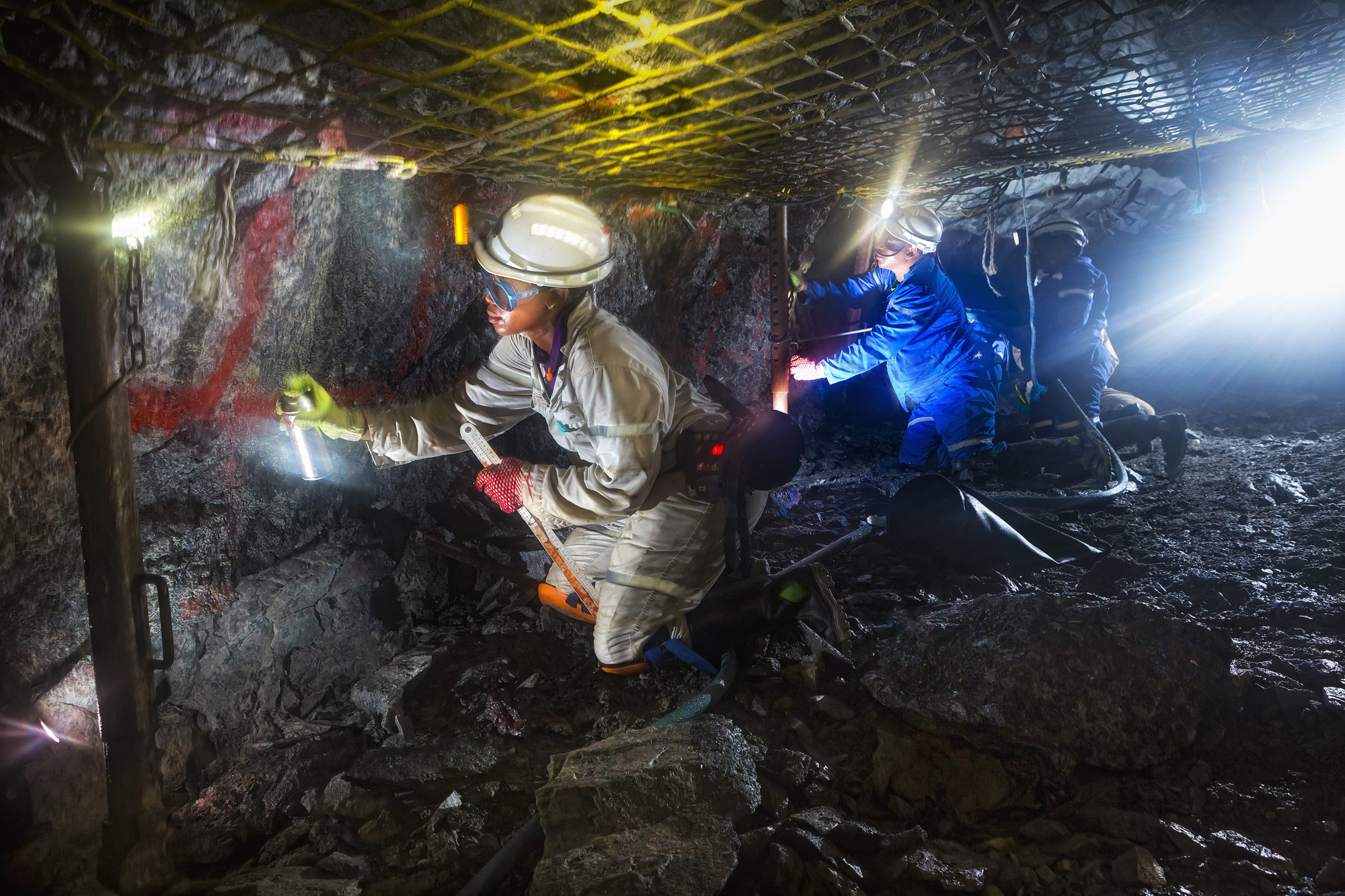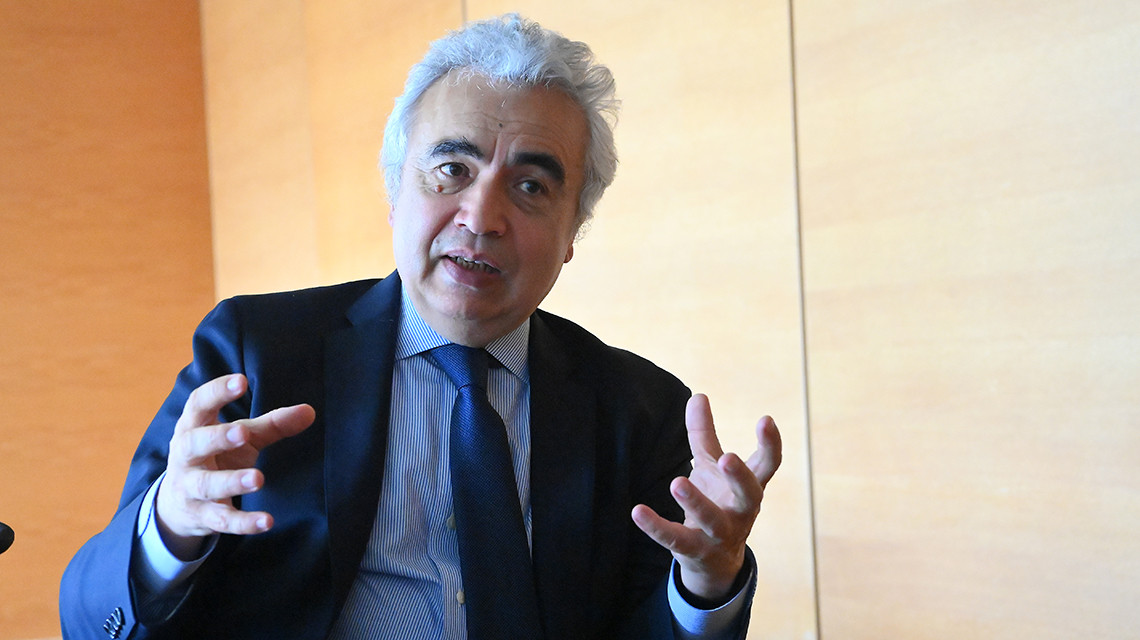It’s a crisis the ruling elites would wish to avoid.
While Arcelor Mittal has deferred closure of its steel making business by six months, mining houses to the North and Northwest of South Africa had their fresh Valentines roses rapidly wilting this week after Anglo-America’s AMPLATS announced it has initiated the mandatory Labour Relations Act Section 189 discussions before laying off 3700 employees in the platinum belt.
National Government was quick on the foot after the announcement by Mittal to secure a temporary reprieve: The steel sector in the Vaal Triangle could be a loss of livelihood for over 360 000 people, according to Steel and Engineering Industries Federation of Southern Africa (SEIFSA).
“Considering the steel sector’s induced economic multiplier of 2.7 times, the employment multiplier of 6 times and the dependency ratio of between 7 to 10 people relying on each formal job, the sectors employment trends spell wide scale social and economic disaster,” Steel and Engineering Industries of Sothern Africa (SEIFSA), said.
The Department of Trade and Industry expressed a sense of relief following assurances from stakeholders such as Transnet, who pledged to implement turnaround plans for transport logistics and kickstart trade activities under the African Continental Free Trade Area (AfCFTA). The department anticipates that these measures will address demand and supply side challenges, aligning with the goals outlined in the Government’s steel master plan.
No valentines’ roses for platinum workers
AMPLATS’ announcement on Monday brews a perfect storm for the DMRE and National Government, particularly with elections looming large. The combination of plummeting profits—with reports indicating a 73% decline in South African platinum operations–and a global downturn in PGM (platinum group metals) markets, sets the stage for a significant crisis in the platinum belt. This area employs hundreds of thousands of people, and its communities have ownership stakes through Community Share Owner Trusts.
The sector is experiencing a ripple effect. It’s only a matter of time before other similar mining companies in the mineral-rich region, such as Royal Bafokeng, Northam, Impala Platinum, Sibanye, and Pilanesberg Platinum, announce similar measures. The potential impact of widespread job losses could lead to devastating consequences in the volatile Northwest region, where the memory of Marikana and the loss of life still looms large among the mining community.
The looming retrenchments will once gain bring sharp focus into executive salaries in the platinum belt: Sibanye-Stillwater’s CEO, Neal Froneman, received a total pay package of R189 million in the 2022 financial year, a decrease from R300 million in the previous year, as indicated in the miner’s 2023 annual report .
South Africa accounts for 80% of the global platinum supply, with half of that used in catalytic converters, a crucial component of automobiles that reduces toxic gases into less harmful emissions. The remaining platinum is utilised for jewelry and various industrial purposes. Although London serves as the central hub for platinum trading, physical delivery commonly occurs in Zurich, Switzerland.












